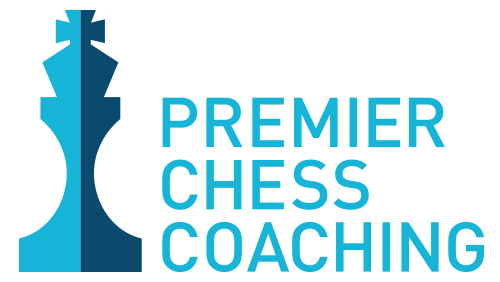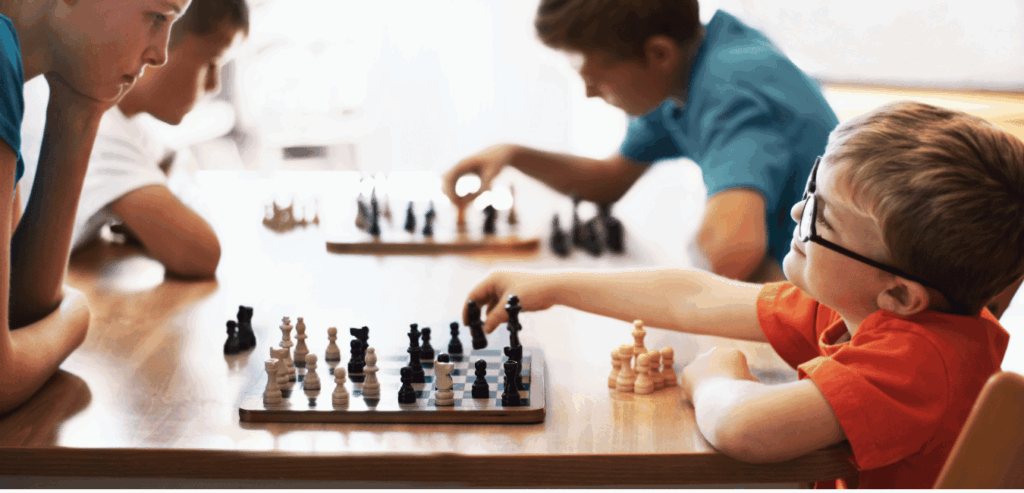Chess, a game of strategy and foresight, offers more than just a mental workout. For schools seeking to enhance students’ educational experiences, incorporating chess coaching into the curriculum can have profound long-term benefits. This article delves into how chess lessons contribute to academic success and the development of critical learning skills.
The Cognitive Benefits of Chess
Chess is often heralded as a tool for improving cognitive abilities. Engaging in chess lessons requires students to employ both sides of their brain, enhancing skills such as problem-solving, critical thinking, and pattern recognition. These skills are fundamental to academic achievement across various subjects, including mathematics and science.
Enhancing Concentration and Focus
One of the key challenges in any school environment is maintaining students’ attention and focus. Chess coaching helps students develop a greater capacity for concentration. During a game, students must keep track of multiple factors and plan several moves ahead, which translates into better focus in classroom settings.
Chess and Academic Success
Research has shown a positive correlation between chess and academic performance. Schools that have integrated chess lessons report improved student outcomes, including higher test scores and enhanced reading comprehension. Chess encourages students to think critically and creatively, leading to better problem-solving skills in academic contexts.
Building Emotional Intelligence
Chess also plays a role in developing emotional intelligence. By teaching students to handle defeat gracefully and to persevere through challenges, chess fosters resilience and patience. These traits are invaluable in both academic and personal settings, helping students navigate the ups and downs of school life.
Encouraging Social Interaction
Chess clubs and tournaments provide an excellent opportunity for students to interact socially, build friendships, and learn from each other. These social interactions are essential for holistic development and can improve students’ communication skills, which are crucial in collaborative learning environments.
Implementing Chess in Schools
For school administrators, the prospect of introducing chess lessons is both exciting and feasible. Start by establishing chess clubs, hiring qualified chess coaches, or incorporating chess into the existing curriculum. The investment in chess education will yield dividends in enhanced student engagement and academic success.
In conclusion, chess is more than just a game; it’s a powerful educational tool that can significantly impact students’ learning experiences. By fostering critical thinking, concentration, and emotional intelligence, chess lessons pave the way for academic achievement and personal growth. Want to see these benefits in action? Reach out to explore how our school chess programs can support your students’ growth.
FAQs
Question: Does chess improve academic performance?
Answer: Chess enhances cognitive skills like problem-solving and critical thinking, leading to better academic outcomes.
Question: Can chess help with social skills?
Answer: Yes, chess encourages social interaction through clubs and tournaments, improving communication skills.


